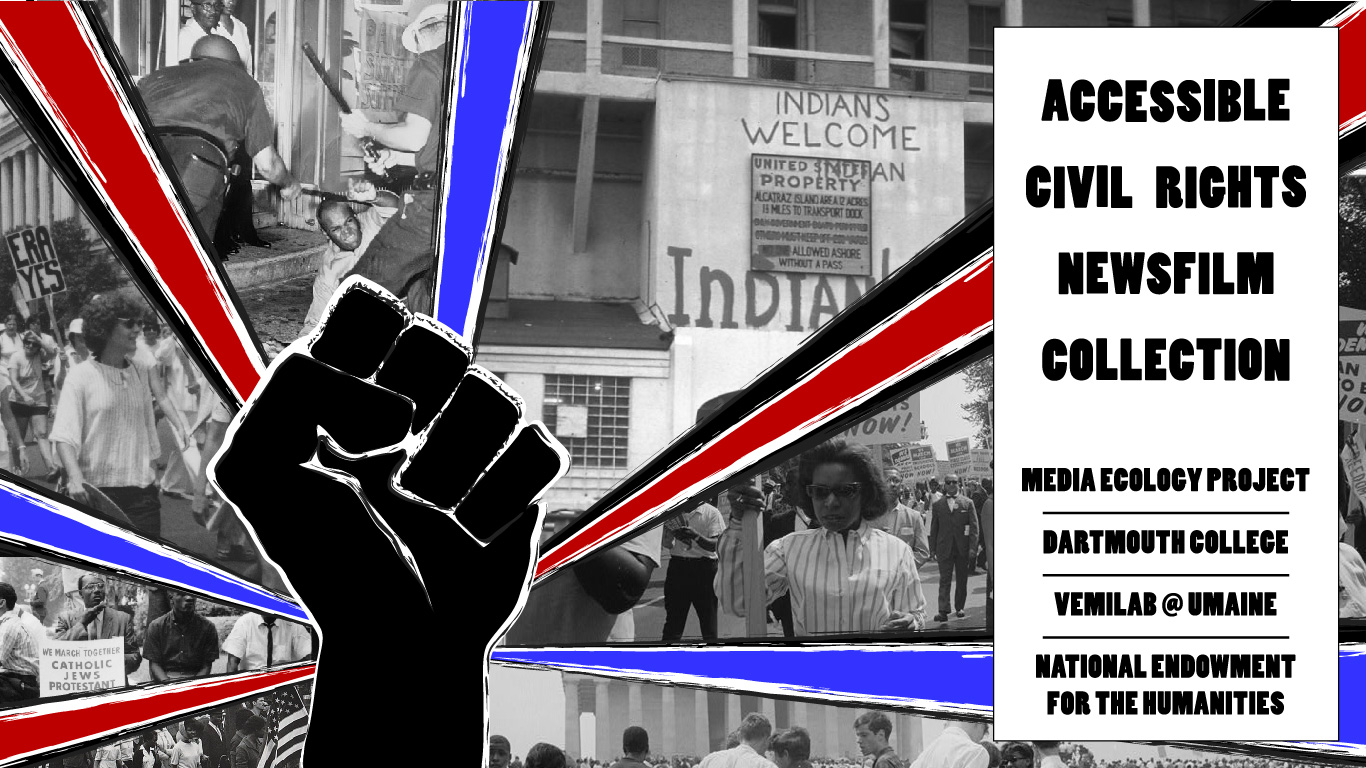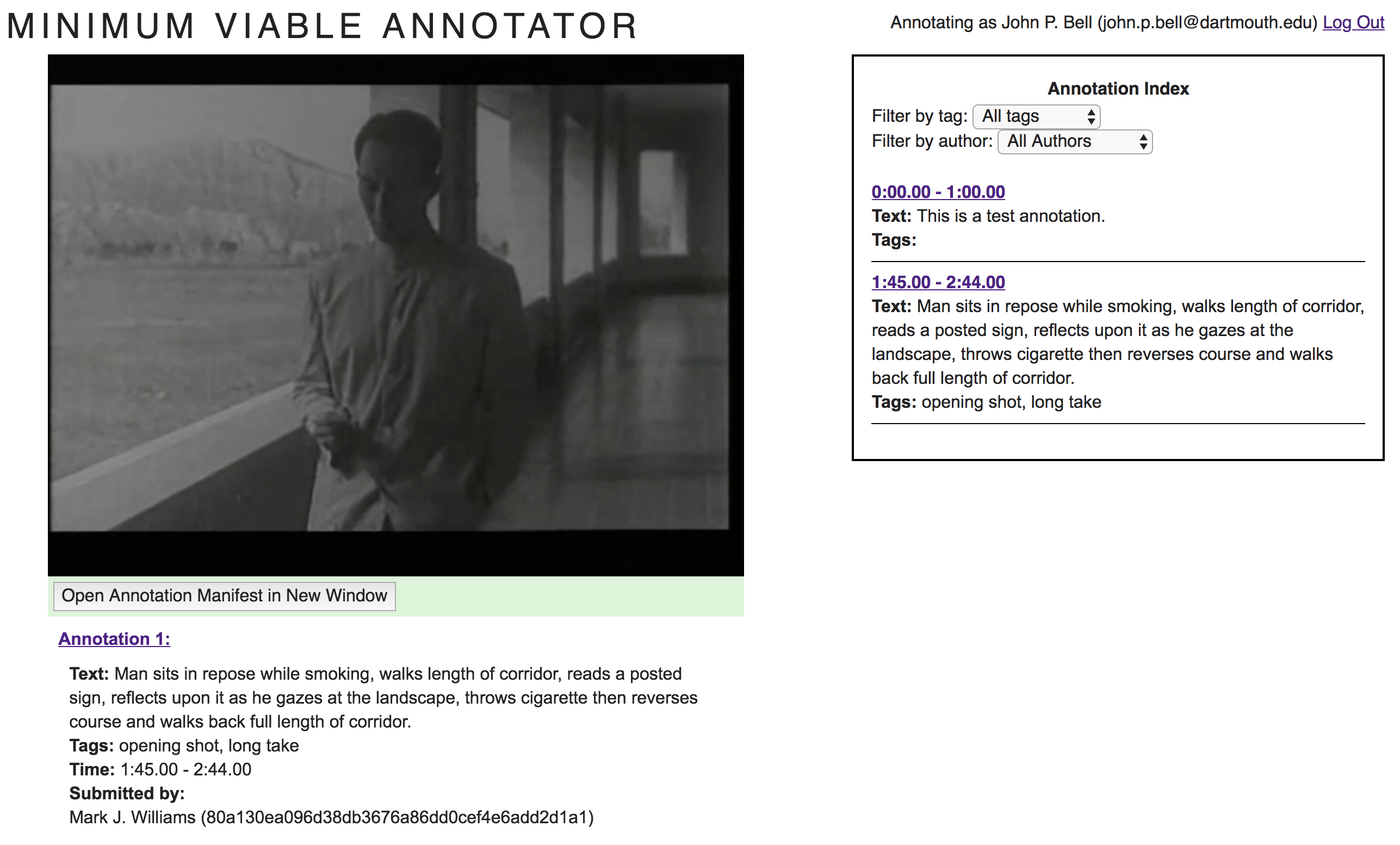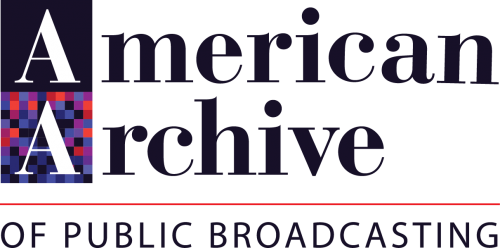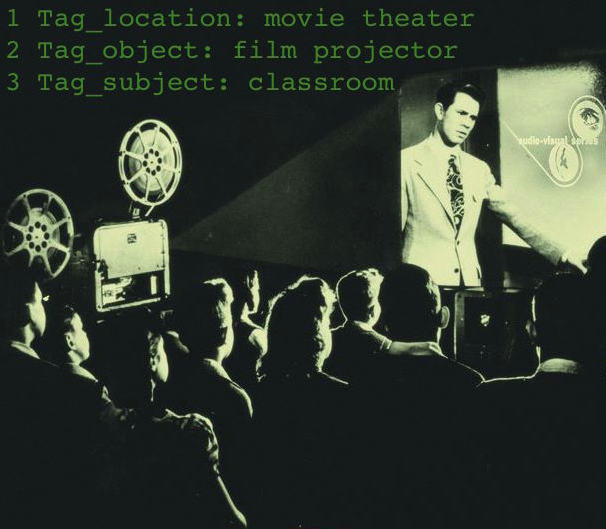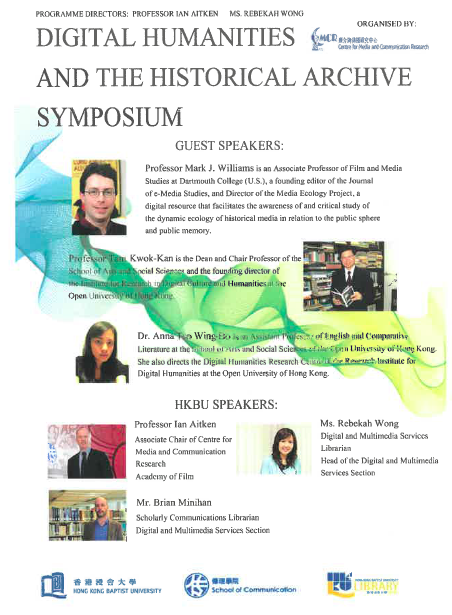MEP receives NEH grant to make archival civil rights footage accessible
Dartmouth College’s Media Ecology Project (MEP) has received Research and Development funding from the National Endowment for the Humanities Preservation and Access office to build an accessible collection of newsfilm covering the civil rights movements of the 1950s-1980s. This research will be led by Prof. Mark Williams (Dartmouth Film & Media Studies), an expert in film and media studies, and Dr. John P. Bell (Dartmouth Research Information, Technology and Consulting), an expert on digital curation. Prof. Williams is the director of and Dr. Bell is the associate director for the Media Ecology Project at Dartmouth.
Newsfilm–often shot on site by local television news crews that only broadcast a fraction of what they recorded–is a largely untapped source that captured powerful moments throughout the emotionally-charged American civil rights era. The Accessible Civil Rights Heritage (ACRH) project will develop a test corpus of culturally significant American civil rights newsfilm compiled from moving image archives and regional historical societies across the U.S. ACRH will then explore new cataloging and access procedures that deliver high-quality, meaningful experiences to blind and visually impaired (BVI) users. Participating scholars include Jacqueline Stewart (U Chicago), Matthew Delmont (Dartmouth), and Desirée Garcia (Dartmouth). In addition, MEP will continue previous work with the Virtual Environment and Multimodal Interaction Lab (VEMI Lab) at the University of Maine to assess adaptive technology. … MEP receives NEH grant to make archival civil rights footage accessible

